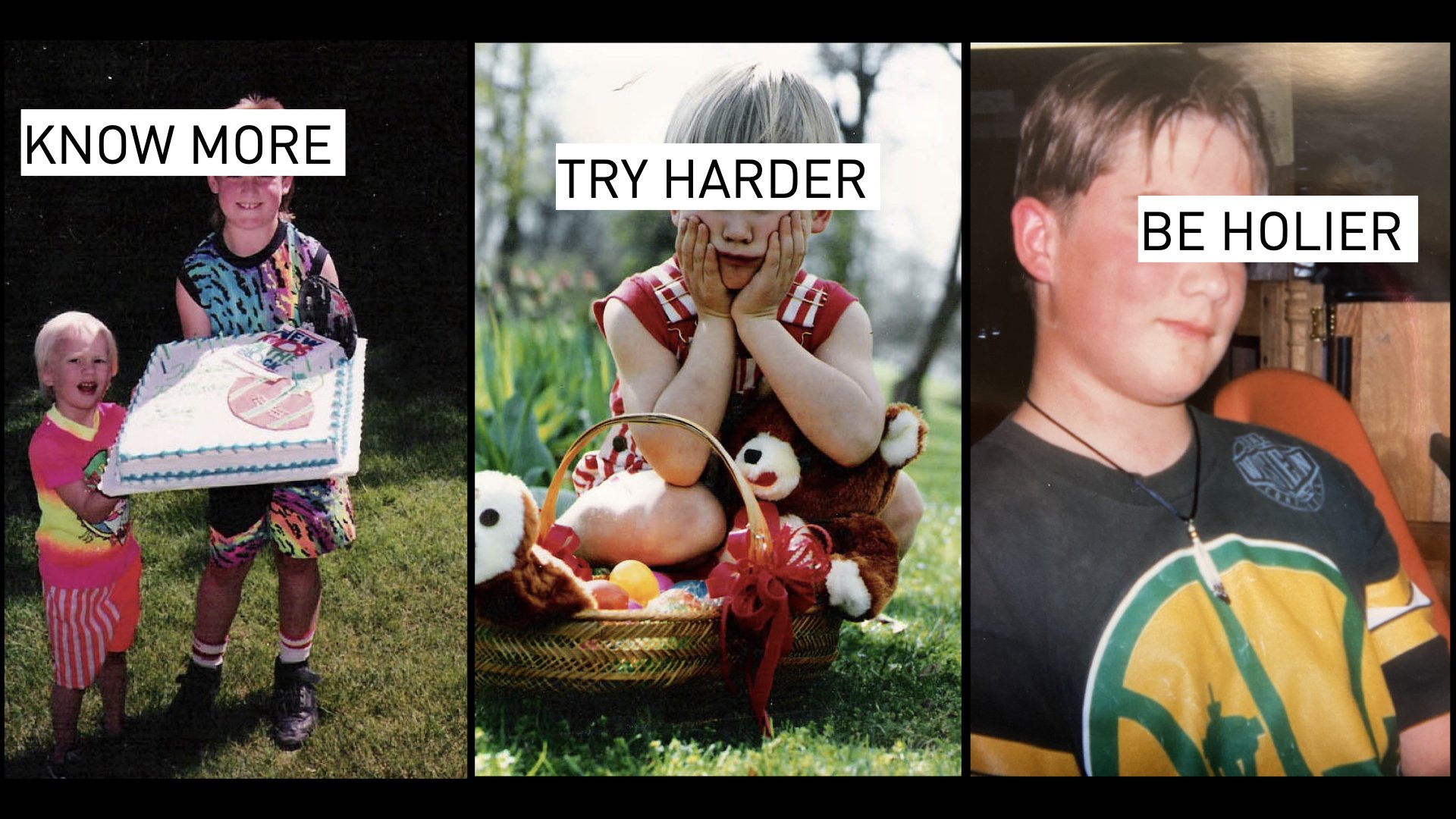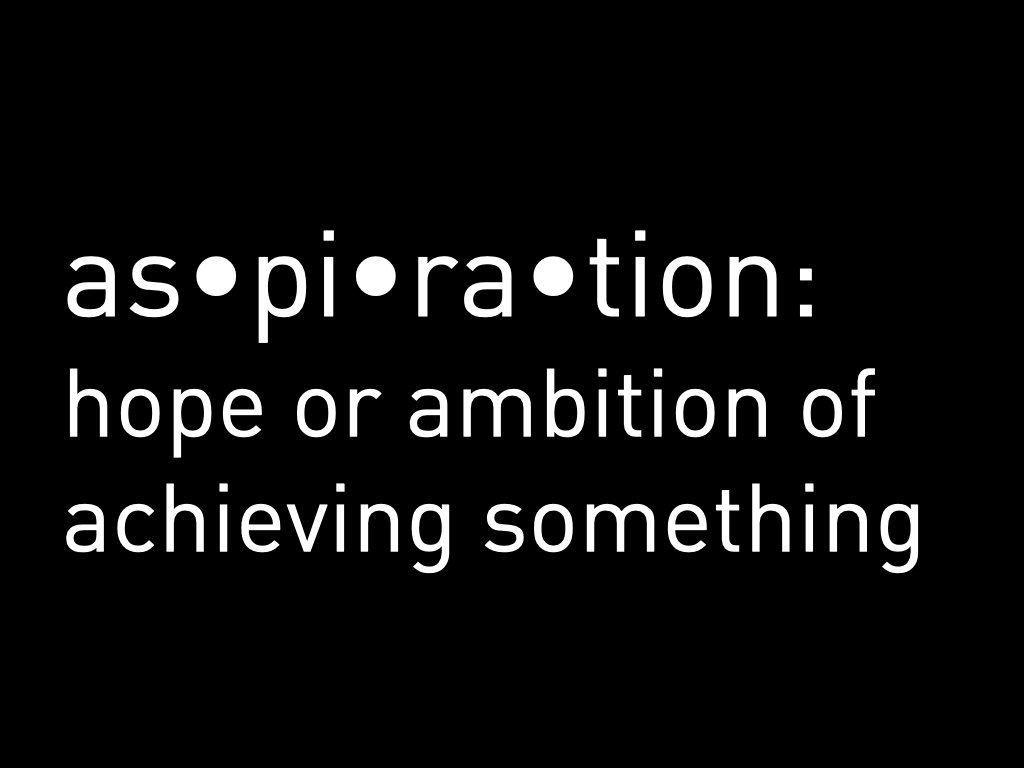Blessed are the Trans Kids: One Transgender Woman’s Reflections on the Beatitudes
This post is an adapted version of a sermon I shared at Paradox Church in Redlands, California, on April 30, 2022. (See footer for links)
§
Matthew 5:1-10 (NIV)
Now when Jesus saw the crowds, he went up on a mountainside and sat down. His disciples came to him, and he began to teach them. He said:
“Blessed are the poor in spirit,
for theirs is the kingdom of heaven.
Blessed are those who mourn,
for they will be comforted.
Blessed are the meek,
for they will inherit the earth.
Blessed are those who hunger and thirst for righteousness,
for they will be filled.
Blessed are the merciful,
for they will be shown mercy.
Blessed are the pure in heart,
for they will see God.
Blessed are the peacemakers,
for they will be called children of God.
Blessed are those who are persecuted because of righteousness,
for theirs is the kingdom of heaven.
§
The passage printed above is known as the Beatitudes. The word “beatitude” is not found anywhere in the English Bible but instead is a title believed coined by the 1st Century Roman Philosopher Cicero who modeled it on the Latin word for blessing. This blog post centers on the version of the Beatitudes found in the Gospel of Matthew. However, a second version also appears in the Gospel of Luke, chapter 6.
The Beatitudes represent many things to many people. This passage is at the same time a vision of an alternate community (Walter Brueggemann), an indictment against the most powerful (Jim Wallis), an illustration of the bodily dimensions of faith (Barbara Brown Taylor), and God’s proclamation of His good favor as ultimate reality (N.T. Wright). Some Christians may mistakenly grasp for an authoritative interpretation of this text, leading ultimately to the loss of hard-won wisdom. For me, the Beatitudes are both deeply mystical and intensely practical. At their core, they announce with the authority of the Divine, that She sides with the oppressed.
As a woman of transgender experience, a Christian pastor, and a once-male-presenting Caucasian American, my perspectives on the Beatitudes have taken decided shifts over my still-unfolding journey. While I might’ve once vociferously defended a perceived orthodox viewpoint on this passage, I now hold it with delicate respect for its subtle wayfinding. This blog is an exploration of how our positionality fundamentally colors the way we interpret the world, and the Bible. For me, the Beatitudes are a case study of this reality.
§
For many years, the Beatitudes have been one of the few Bible texts I’ve had committed to memory. I grew up attending Christian private schools within the Seventh-day Adventist denomination (K-12, and then undergraduate). In some sense, one of the things that Adventist Education does best is inculcating Adventist subculture. It did this for me, especially as it relates to the centrality and importance of the Bible to life. Year after year, all the way through college, my teachers emphasized the importance of “being in the word” and often specifically promoted Bible memorization. The only thing that stuck for me, however, was the expectation of this practice — and the guilt for rarely doing it. In internalized a message of inadequacy and scarcity as it relates to all spiritual practice, especially bible reading: “know more”, “try harder”, “be holier”.
It’s a little ironic, then, that the Beatitudess have become so important to me as a text committed to memory. It’s hilarious that it was a Buddhist therapist in my early 30s that convinced me to reconsider this discipline of Christian spirituality.
“Isn’t memorizing the Bible part of your tradition? Why don’t you incorporate that into your mindfulness and meditation practice?” he said one warm summer afternoon.
I thought to myself, “Huh, why not!?”
That was about 10 years ago and I was in the process of getting worked up for bariatric surgery (link to my old blog writeups of that experience). My weight had grown to more than 300lbs, I was scared of what that meant for my future health. But I was also anxious about being a brand new parent, navigating a new demanding career context, and unknowingly dealing with the relentless impacts of gender dysphoria. During that time, the Beatitudes became my go-to passage, something of a through-line for me in many phases of life to come.
The Beatitudes are the last thing I remember as I whispered them while being put under anesthesia for my aforementioned surgery. They became a mantra for me as I was training for marathons (I wrote about it here) a couple of years later. When life stresses bubbled up over the years, the Beatitudes calmed them. The practice of silently reciting this passage kept me oriented during the pandemic, and emerged as a north star when I finally started seeking honest answers to my questions about gender. The Beatitudes gave me strength as I waited outside the regional headquarters of my denomination prior to coming out to my leaders as transgender. And it served as a balm just a few minutes later as I absorbed the realization of losing my vocation. And during the last 12 months or so as I’ve started transitioning, I’ve continued repeating the Beatitudes sometimes multiple times daily. During this season, it has taken on an insubordinate assertion of my belonging: I am the beloved.
“The Bible’s meaning is highly plastic; malleable to context, circumstance, and experience.”
I write all this to describe the importance of this passage in my life over the course of many years. It is because of this consistency that it then becomes a case study for how the meaning of the Bible changes over time, from person to person, and from place to place. This is ostensibly my thesis. The Bible’s meaning is highly plastic; malleable to context, circumstance, and experience.
In many Seventh-day Adventist circles, these would be fighting words. My faith heritage in general has tried to teach that the Bible’s meaning is singular; perhaps shadowed by culture or bias over time, but always there, waiting to be uncovered. My life experience today tells me it’s a bit more complex and spiritual than that. It was through living that I was able to absorb the hard-won reality of the Bible’s subjectivity. This discovery also represents an unexpected shift.
I’ll illustrate this principle by sharing the journey I’ve been on with the Beatitudes.
§
For much of my life, I read the Beatitudes like an average Evangelical. That is, I read it aspirationally. The eight blessings from Jesus were ideals to strive for, often like a believing person might strive for a place in Heaven. Instead of seeing them as pragmatic and tangible, I understood them as ethereal or even “other.” Like many of my mostly white, middle-class, educated, employed, married, heterosexual, conventionally-abled acquaintances, I was too privileged to see what’s become obvious to me today.
For example, I was much more comfortable with the Gospel of Matthew’s paraphrase of the first blessing than Luke’s. The latter renders more simply, “Blessed are the poor”, rather than the simpler and easier to dismiss, “blessed are the poor in spirit”. No one knows precisely how this variance came into being, but I can’t help but have my suspicions that the author of Matthew (or a subsequent scribe) felt that the ostensible earlier reading hit a little too close to home.
I resonated with Francis Nicol’s take on the 2nd Beatitude, “Blessed are those who mourn.” He was the editor of the Seventh-day Adventist Bible Commentary that was very important to me through my college years and as a preacher. He explains that the mourning Jesus is speaking of constitutes “heart sorrow for sin,” and not something visceral like grieving the death of a loved one. This view echoes the words of Ellen White, the founding prophet of the Adventist denomination.
Looking back to my early years in ministry, I remember preaching a sermon about meekness, the third Beatitude. To my embarrassment today, I think I sounded a lot like Marc Driscoll, arguing that meekness here isn’t about being quiet or submissive or gentle (as the word is generally understood). Instead, I pointed out how the Greek word for “meek” was sometimes used to describe beasts of burden. Hence, meek means “controlled strength.” Under this model, the meekest people in the world are the ones wandering around Walmart openly carrying a .45 caliber pistol, and simply resisting the urge to shoot anyone.
As an undergraduate college student, I loved reading the German theologian Dietrich Bonhoeffer. His takes on the fourth and fifth Beatitudes resonated with me. “Hungering and thirsting for righteousness,” he describes in his classic, The Cost of Discipleship, is about “Longing for the forgiveness of all sin, for complete renewal, for the establishment of God’s law on earth.” Similarly, the merciful are those who “go out and seek all who are enmeshed in sin…no sin is too appealing for their pity.” Both have a decidedly individualized focus that prioritizes the salvation of the soul over present relationships or matters of justice.
At an earlier time in my life, I would have enthusiastically absorbed the Baptist preacher Charles Spurgeon’s teaching about being “pure in heart,” the sixth Beatitude. In his book on this passage, he equates such purity with sanctification, an idea from systematic theology that describes the process of humans becoming holy before God. “Impurity of the heart,” says the great orator, “is the cause of spiritual blindness.” Thus, “our inner nature must be divinely renewed [purified].”
As a young pastor and even before, as a college student, I was conflicted about my relationship to God. The teachings of the Reformed theologian John Piper about being a peacemaker were right up my alley. He writes that the most important peace must be made between people and God. This peacemaking must continue as believers make sure that others are doing the same between themselves and God.
For years, I marinated in a culture that epitomized the spirit of Franklin Graham’s tweets and soundbites, bemoaning Christian “persecution” in the 21st century. From this vantage point, the blessed persecuted include those who are forced to acknowledge the existence of LGBTQ people (or to say the word, “Gay”), to order society in such a way that Black Lives Matter, or to be forced to witness the dismantling of the hierarchy that is patriarchy.
As it turns out, an aspirational lens isn’t the only thing these commentators have in common… (see picture below)
Identity shapes hermeneutic.
It’s true. Our position in society (or, who we are in context) deeply affects the ways in which we read and understand the Bible. The more privileged one is, the less obvious this fact may be.
As woman of transgender experience,I didn’t have the same male privilege that cisgender men have (fight me) But, it is also true that by staying in the closet, I was able to maintain some semblance of privilege. For me, presenting myself as a man felt like performing masculinity for my own safety. Living in that state enabled me to to see and experience the world from a more privileged position than I would have otherwise. It insulated me from some of the pain that many people (whether trans or women) have lived with for much longer. (As an aside, let me be honest for a moment. I might be trans, but I’m still incredibly privileged: I’m white, and middle-class, conventionally abled, educated, married, a fertile parent of healthy children, etc.)
And so, yes, in the past I found myself able to find peace in the privileged interpretations of the Bible. And the truth is that I probably still do in conscious and unconscious ways. As I go through transition, however, maintaining these perspectives has become difficult. In other words, I have found that the Beatitudes, this hugely important text in my spiritual journey, has become impossible to read in the same way as I once did, even as I continue to recite it sometimes multiple times per day.
§
So how do I read the beatitudes today? If not aspirationally, or spiritualized away, then what hermeneutic do I use?
Nadia Bolz Weber
Well, as I lean into who I am (and sometimes suffer because of it), I find myself resonating with theologians with marginalized or minority voices like Nadia Bolz Weber. Paraphrasing the Beatitudes, she writes, “Blessed are the agnostics, those who doubt, who aren’t sure – those who can still be surprised.” Similarly, the poet Mary Oliver reflects on the blessing of mourning in her poem, The Uses of Sorrow.
Someone I loved once gave me
A box full of darkness
It took me years to understand
That this too was a gift
Liberation theologians like James Cone and Dr. Martin Luther King Jr. correctly remind us that “hungering and thirsting for righteousness” has virtually nothing to do with personal piety and individual salvation. But instead these are about longing for justice by those having been denied it. The Greek words themselves point back to a long prophetic tradition of calling out for Justice, like that in Isaiah which rolls down mountains like streams forming a mighty river.
I resonate with the late Rachel Held Evans, who rewrites one beatitude as, “We’re happy when we’re growing.”
I resonate with the late Bishop Desmond Tutu, who reflected on the blessing of persecution while speaking before representatives of the Apartheid government in South Africa. He said, “Since you’ve already lost, I invite you today to come and join the winning side!”
Jonathan Bates
I’m similarly drawn to Jonathan Bates, a queer liberation theologian who turns the tables on unaffirming theology that presents itself as terrified of losing faith. He writes, “Queer theology says, your queerness—that thing you hate most about yourself—what if God BLESSED you with it -- for your joy and the world’s healing?”
And so that leads me to Elle, and my own transgender hermeneutic. It draws me to see the beatitudes as descriptive of the heart of God – a defiant re-affirmation of my belonging at the table of grace.
When I read the Beatitudes today, I hear, “God is on the side of the oppressed.” “You, Esther Loewen, you are of heaven and I bless you.”
For me, reading and reciting the beatitudes today feels like having ones family & friends in your corner. It feels like your loved ones saying, “We’ve got your back,” when things are rough. And as it happens, I know exactly what that feels like.
In this room here at Paradox Church, loved ones gathered around by the dozens in person and on Zoom, to celebrate my transition with me. You may have read about the transition ceremony here on my blog or seen pictures on social media. In many ways, this ritual of inclusion was an example of the Beatitudes being acted out communally. We named our losses by pouring out ashes. My people affirmed the beauty of my transition by naming blessings and by my parents renaming me. The community anointed me with oil, symbolic of the way in which the Spirit led the process all the way.
To me, the Beatitudes mean what this ceremony spoke emotionally: “there is nothing you can do to make God love you less.”
§
I began this post and the sermon that it is based upon by reciting the New King James Version of the Beatitudes from memory. I will close with my own rendition. A paraphrased reading that has been shaped through a transgender hermeneutic. Please read it as a prayer. (You may click here to download a PDF version).
Blessed are people who self-harm –
the hopeless, the traumatized, the disassociated, and the depressed –
you belong.
Blessed are those with scars on their bodies, and on their hearts –
whose souls have been marked by the brutality of life.
For they know the meaning of love –
and of healing.
The creator of the universe sides with people
who keep their heads down –
too weary to speak up, they have absorbed shame,
microaggressions, and discrimination.
She sides with those who are in the closet –
hiding to stay safe.
You are enough.
God is on the side of the wrongly convicted and punitively punished.
The Divine marches with protestors of injustice,
they speak through community educators and activists,
and inspire prophets of futures not their own.
The Merciful are the lucky ones –
for in their weakness, they are strong.
They’re blessed by going to coffee with bigots,
naming truth to the ignorant,
and returning insults with calm boundaries.
By preserving their dignity in the midst of mockers’ contempt,
they’ve struck the mystical jackpot.
Blessed are trans kids, whose pure hearts long to express themselves,
and to be cherished, and to be protected.
Blessed are those who vulnerably open their hearts to the world,
for it is only they who will taste JOY.
Blessed are peacemakers, who shapeshift to belong.
Blessed are those who don’t have identities or opinions,
but instead, hide in the reflection of others’ projections.
You are God’s children.
Blessed are the persecuted –
those who lose their careers for being transgender.
Blessed are the vilified, the misunderstood, and demeaned.
Blessed are the persecuted, who risk their lives by driving to the store,
who are shot dead by representatives of the state,
who are raped and not believed,
whose basic rights are legislated out of existence.
God is on your side.
This is not the end.
This post is an adapted version of a sermon I shared at Paradox Church in Redlands, California, on April 30, 2022. The video recording can be accessed here: https://youtu.be/jLKL5yOWHjY or on Paradox Church’s website.
I shared a similar version to a largely Seventh-day Adventist audience for Adventist Today’s Sabbath Seminar. (Access the video recording here: https://www.youtube.com/watch?v=LKtvlpv_7Qw)
asdf






